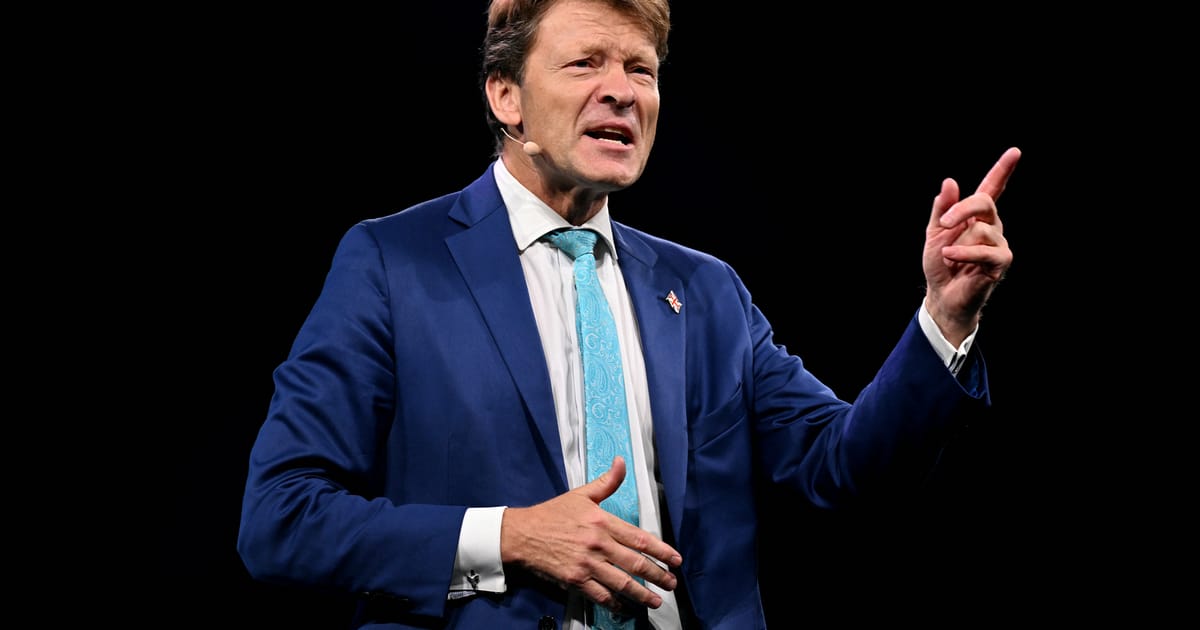He argued the BoE had “failed” under Conservative Liz Truss, who was forced out as prime minister after bond yields spiked in the wake of a tax-cutting budget, leading banks to increase their lending rates. Tice accused City regulators of “missing” the issue of liability-driven investments (LDIs), which increased the strain on pension funds during that period, and said the Bank of England “could have actually stepped in and prevented the carnage.”
Truss has repeatedly blamed the Bank of England for failing to anticipate the market consequences of her budget. The central bank intervened after her mini-budget to calm the markets by implementing an emergency bond buying scheme.
Wider reform
Reform leader Farage, who is set to give a speech in the City Monday on his broader vision for the economy, has gone further, saying Bailey has “had a good run” and he “might find someone new” if the party wins the next election.
Bailey’s term is due to end in 2028, before the election. Tice did not rule out the prospect of a Reform government forcing out an underperforming central bank governor in future, saying: “At the end of the day, any public official has to be accountable for their performance.”
However, he declined to liken Reform’s stance to Donald Trump’s approach to the Federal Reserve, after the U.S. president repeatedly attempted to get rid of chair Jerome Powell.
Reform UK is currently ahead in the polls, as Britain’s Labour government continues to struggle with its messaging on the economy, immigration and frustration within Prime Minister Keir Starmer’s top ranks.

